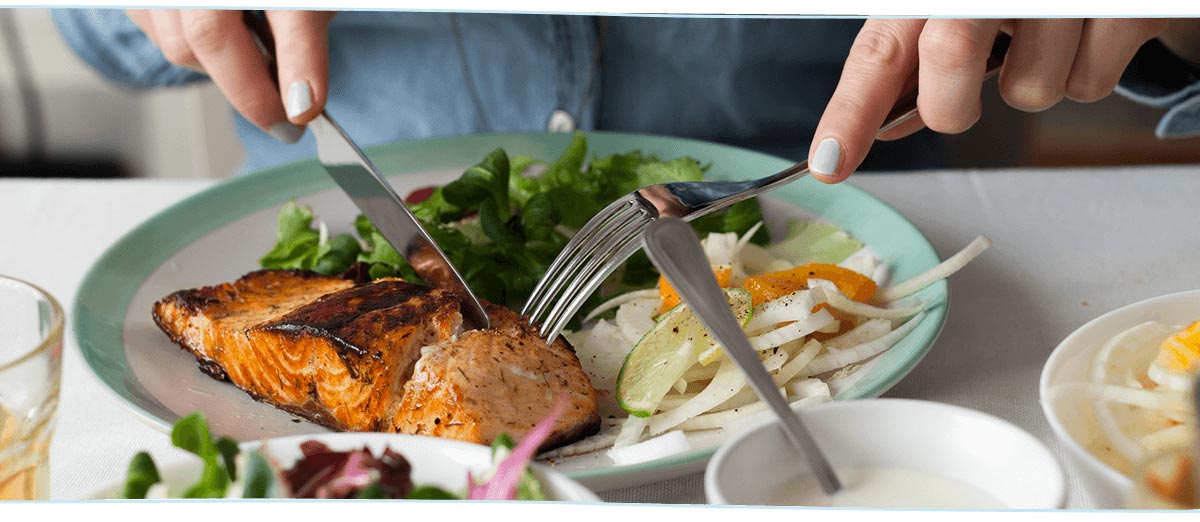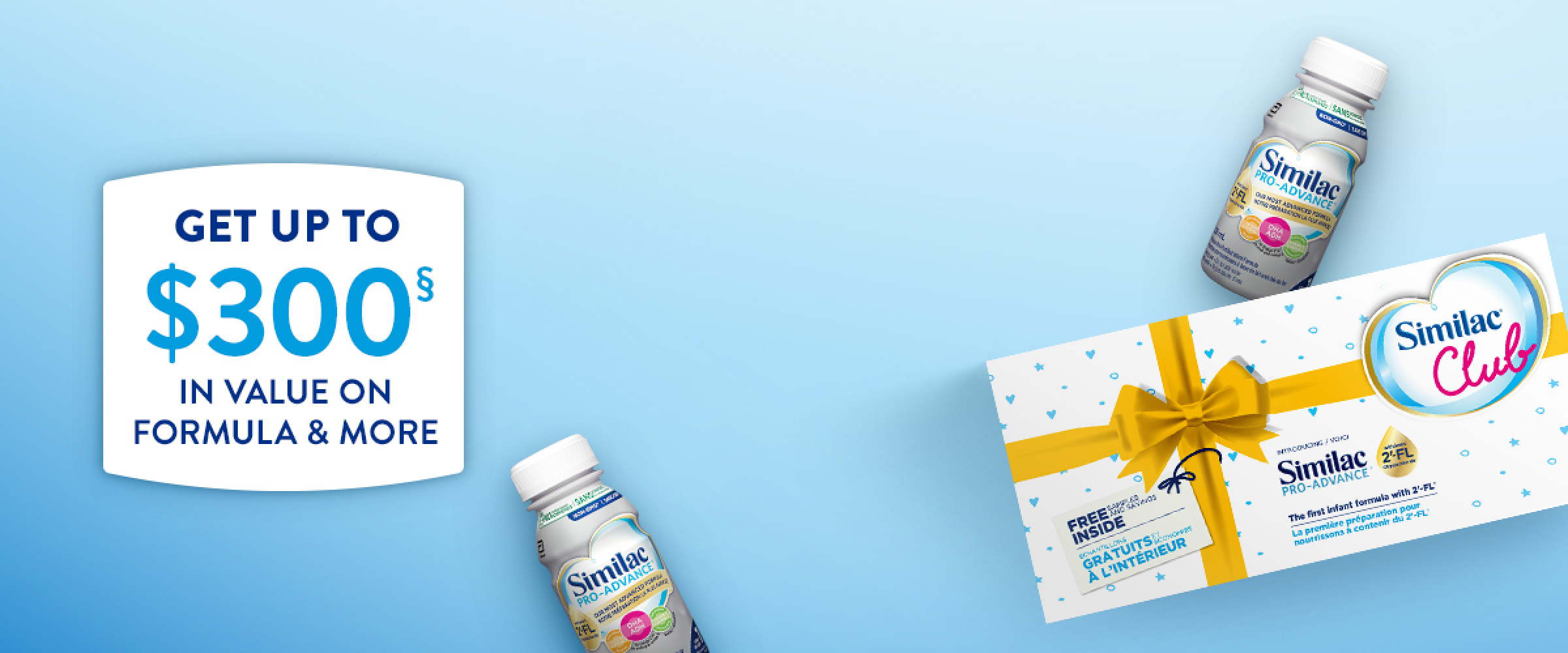Health Canada. Prenatal Nutrition Guidelines for Health Professionals — Fish and Omega-3 Fatty Acids. 2009.
Breastfeeding and DHA
DHA (the acronym for docosahexaenoic acid) is a building block of the fetal brain and retina. Breast milk is the ideal nutrition for babies as it contains DHA, but the levels vary according to the mother’s diet. Once your baby arrives, he will get DHA from your breast milk; so continue to eat a DHA-rich diet. DHA (an omega-3 fat) and ARA (an omega-6 fat) are important fats that support the normal physical development of your baby’s brain and eyes.
Follow Eating Well with Canada's Food Guide to eat the amount and type of food that is right for you and your baby. The primary source of DHA is fatty fish, so have at least 150 g of cooked fish each week.
Fish and shellfish that contain higher levels of these fatty acids and are also low in mercury include: anchovy, capelin, char, hake, herring, Atlantic mackerel, mullet, pollock (Boston bluefish), salmon, smelt, rainbow trout, lake whitefish, blue crab, shrimp, clam, mussel, and oyster.
Reference:
What is lutein?
Lutein is an antioxidant found in breast milk. In fact, lutein is highly concentrated in colostrum (the first milk mothers produce) and so much so, that it is believed to contribute to its yellow colour. Antioxidants help protect fatty acids, like DHA, from oxidation. There are several signs that lutein plays an early role in infant development. It is the major carotenoid found in the infant brain and eyes. It is also found concentrated in areas of the brain that are associated with memory and learning.
Foods that contain lutein
Your body cannot produce lutein to transfer to your baby. You must get it from your diet, so make sure to include lutein-rich foods like dark green vegetables (kale, collard greens, Brussel sprouts, spinach, broccoli, lettuce and beans), starchy vegetables (corn and peas), fruits (kiwi and oranges), and eggs.





